Table of Contents
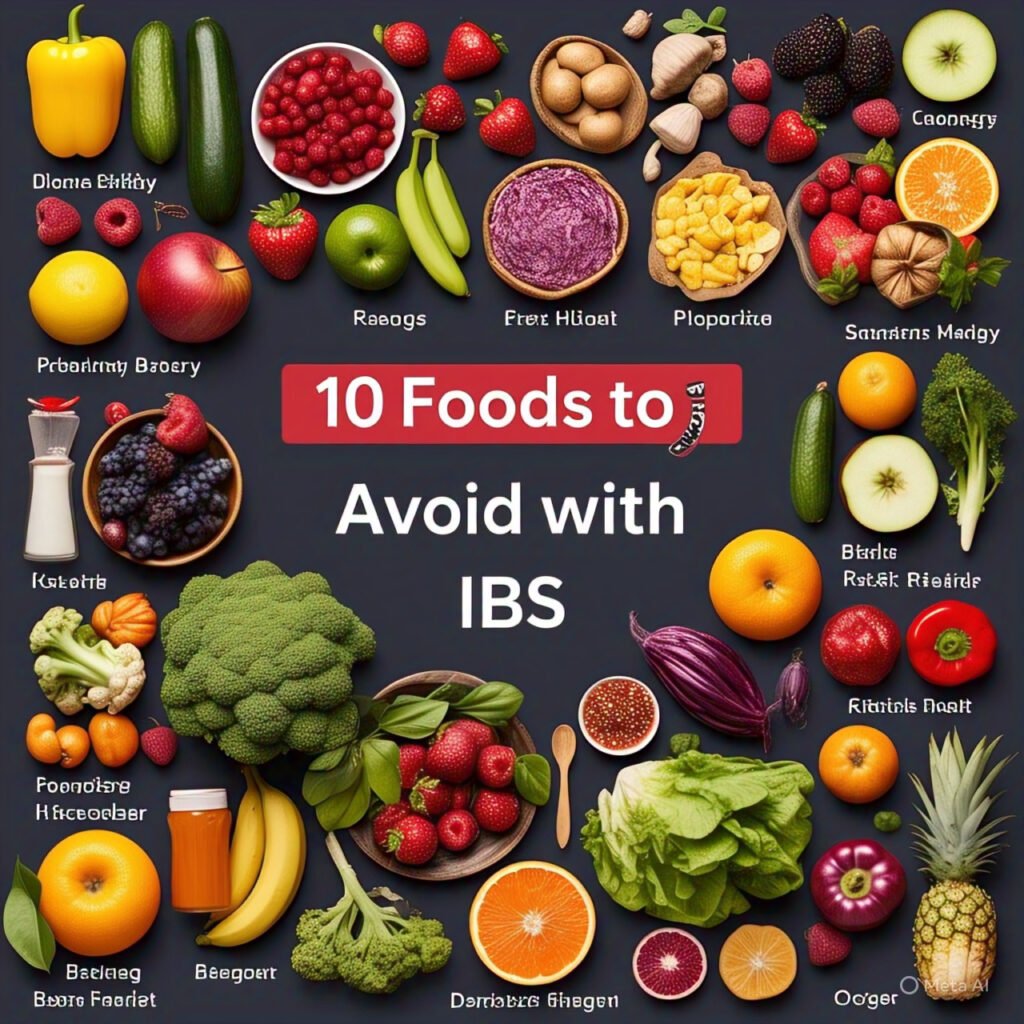
Introduction
If you’re part of the 11% of people worldwide struggling with IBS ,you’ve likely experienced the frustration of unpredictable symptoms like bloating, cramps, diarrhoea, or constipation.
Research shows that up to 70% of IBS sufferers report symptom relief after adjusting their diet.
IBS is often linked to food intolerances, gut microbiome imbalances, and heightened gut sensitivity. Unlike food allergies, which involve the immune system, IBS reactions are typically dose-dependent—meaning small amounts might be tolerated, while large portions trigger symptoms.
As a gut health researcher, I’ve seen firsthand how eliminating just 10 common trigger foods can dramatically improve symptoms for 75% of IBS patients (Monash University, 2023).
This isn’t about restrictive dieting – it’s about strategic swaps that let you enjoy meals without the bloating, gas, or urgent bathroom dashes.
10 Foods to Avoid with IBS
1. Onions & Garlic: The #1 Offenders
These kitchen staples contain fructans – FODMAPs that pull water into your intestines and ferment rapidly. A 2023 Gut study found 86% of IBS patients reacted to even small amounts.
Try instead:
✔ Garlic-infused oil (fructan-free)
✔ Chives or green onion tops (green parts only)
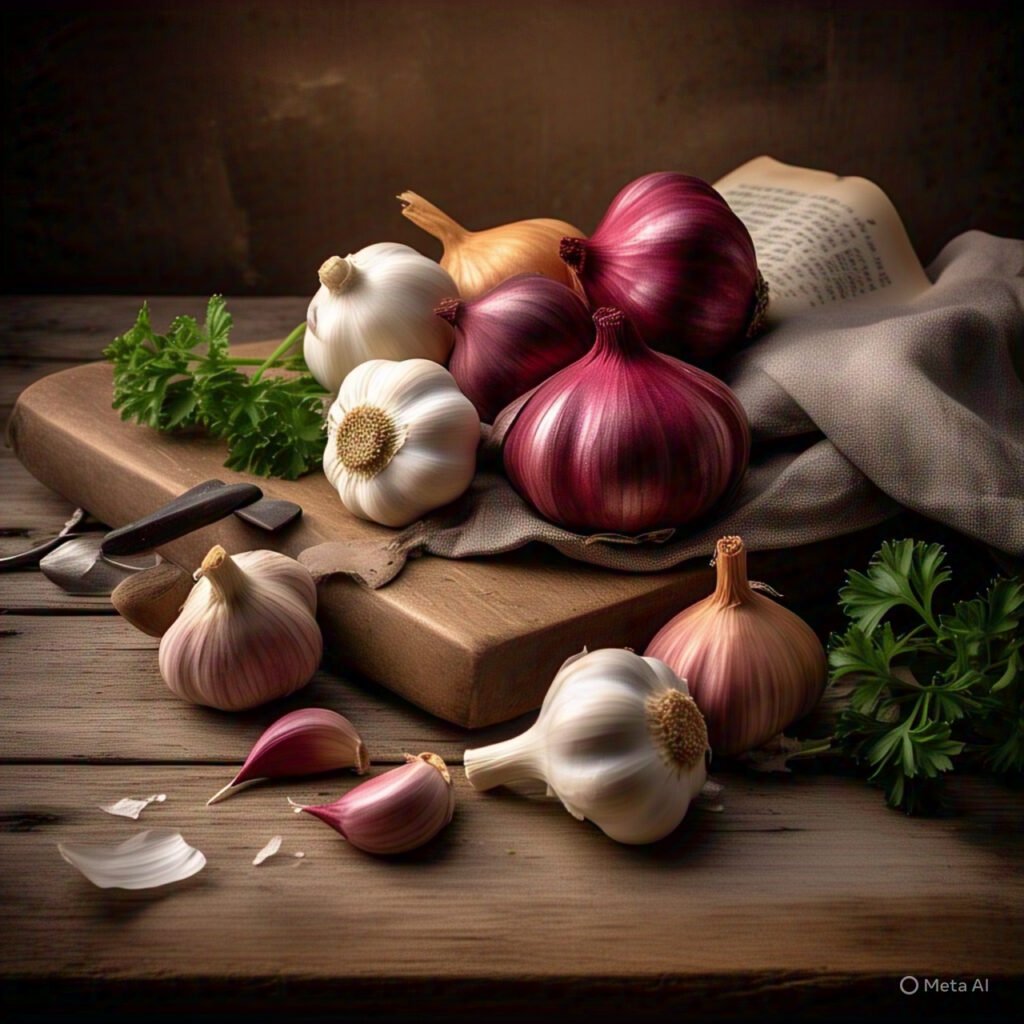
2. Dairy (Lactose Problems)
About 65% of IBS patients have lactose intolerance(BMC Gastroenterology 2024). The undigested sugar ferments, causing:
- Bloating within 30 mins
- Diarrhea in 1-2 hours
Safe options:
✔ Lactose-free milk
✔ Aged cheeses (cheddar, parmesan)

3. Legumes
Legumes: Beans, lentils, and chickpeas can be high in galactans, which can trigger IBS symptoms.(Nutrients 2020)
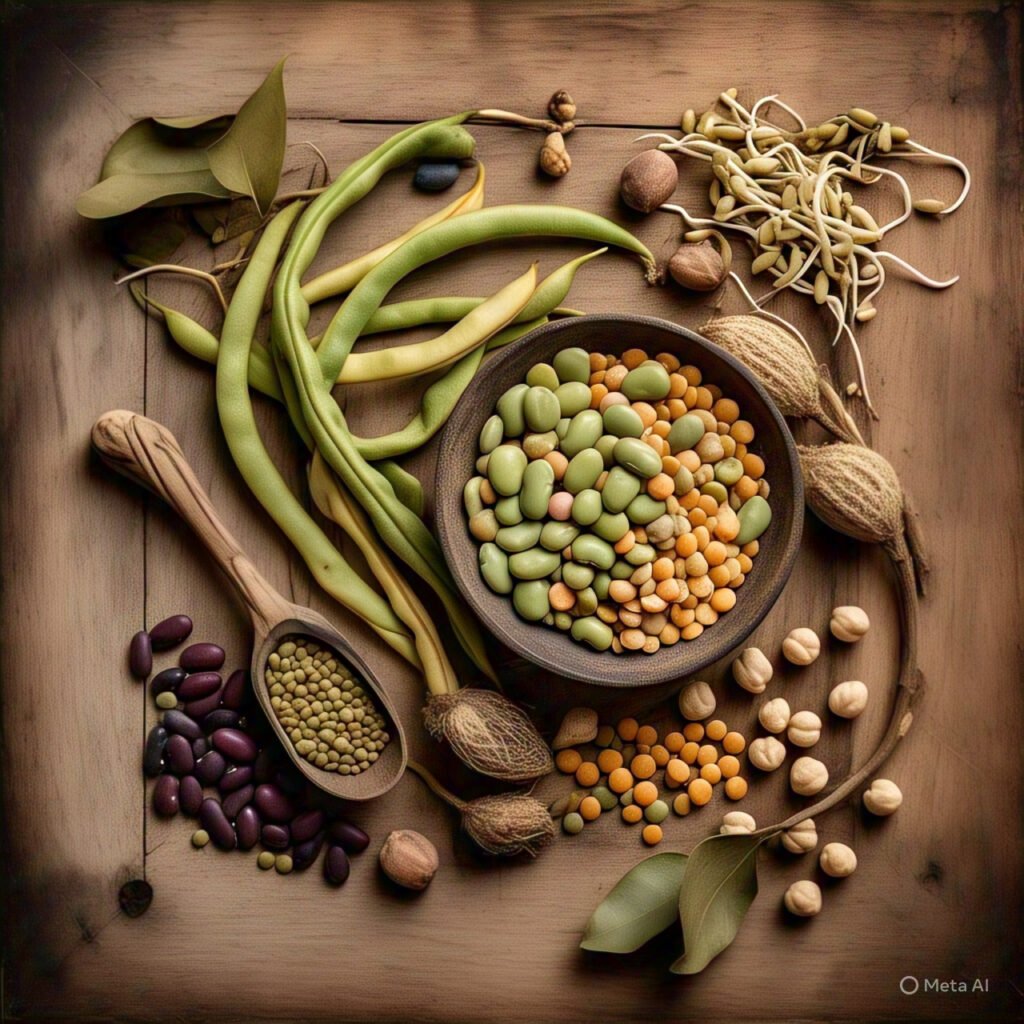
Pro tip: Rinsing canned lentils reduces FODMAPs by 50%.
4. Wheat & Rye
While gluten gets blamed, it’s actually the fructans in these grains. A 2022 study found sourdough fermentation breaks down 90% of problematic FODMAPs (Fermentation).
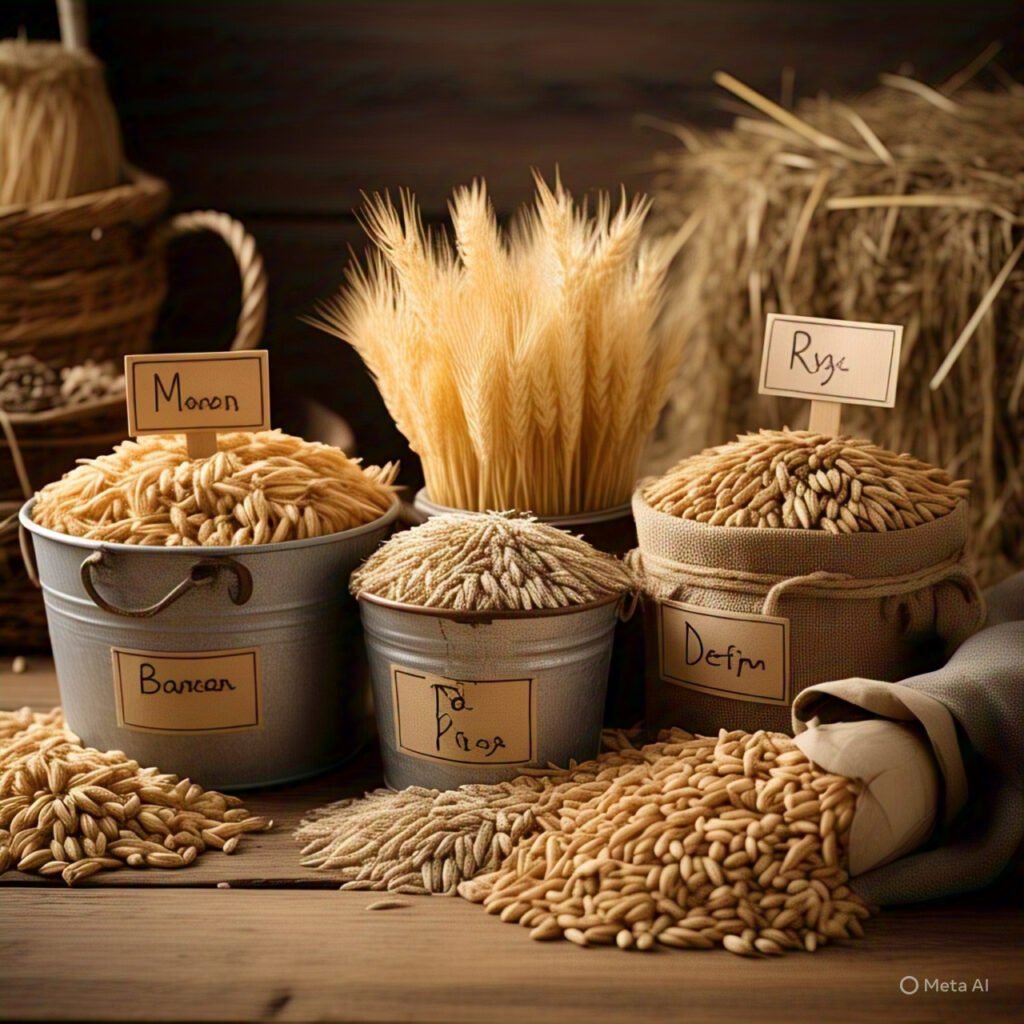
5. Apples & Pears
Their high sorbitol content acts like an osmotic laxative. Just one apple can trigger diarrhea in sensitive individuals (Gastroenterology & Hepatology).
Better choices:
✔ Bananas (ripe)
✔ Blueberries
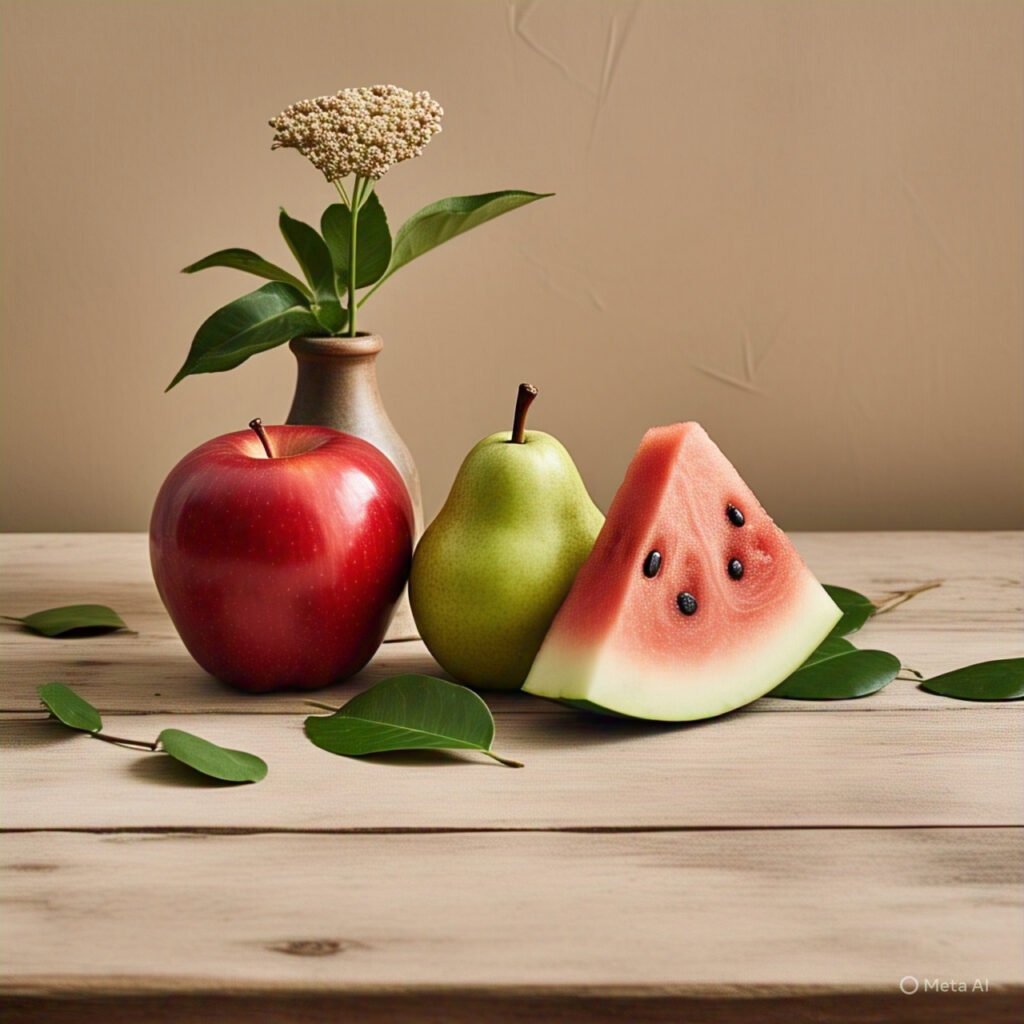
6.High-FODMAP vegetables
Broccoli, cauliflower, and cabbage can cause symptoms due to their high FODMAP content.
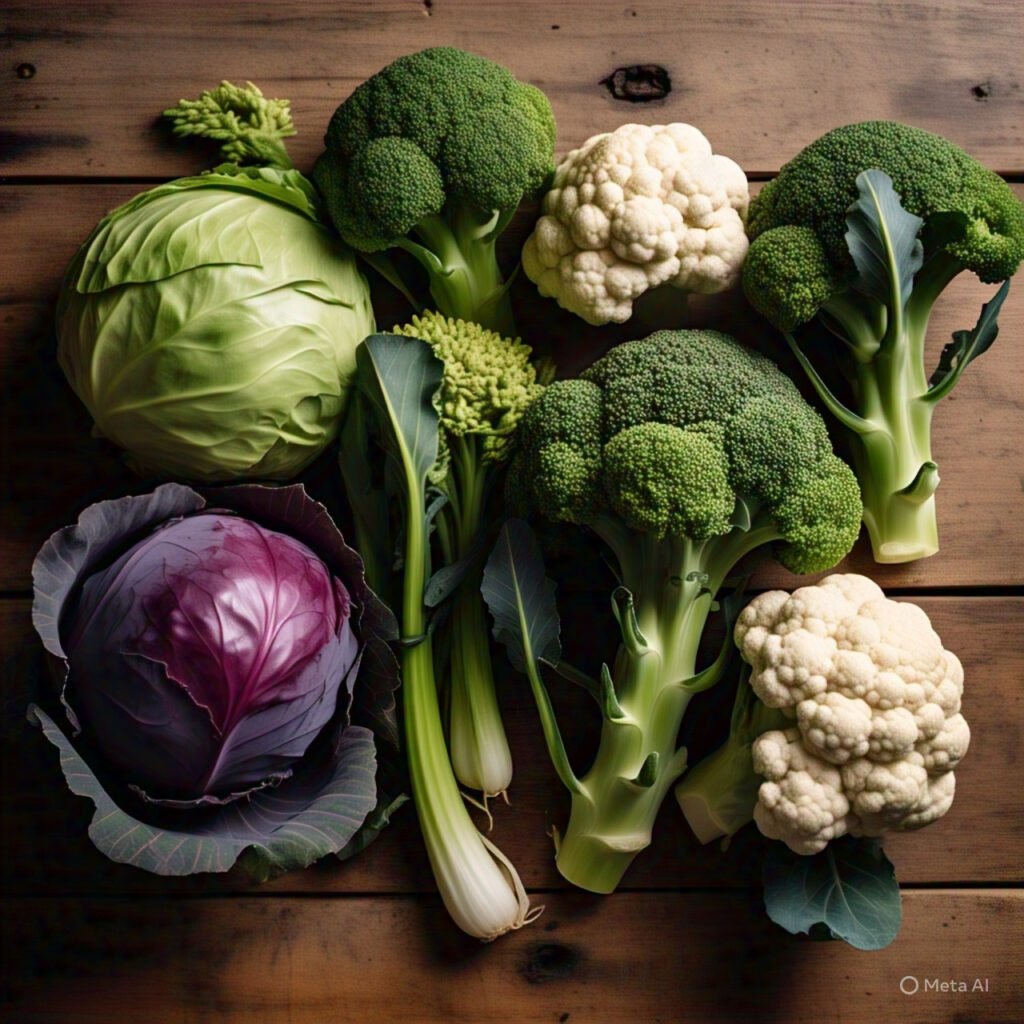
7. Carbonated drinks
Fizzy drinks can cause bloating and discomfort in individuals with IBS.
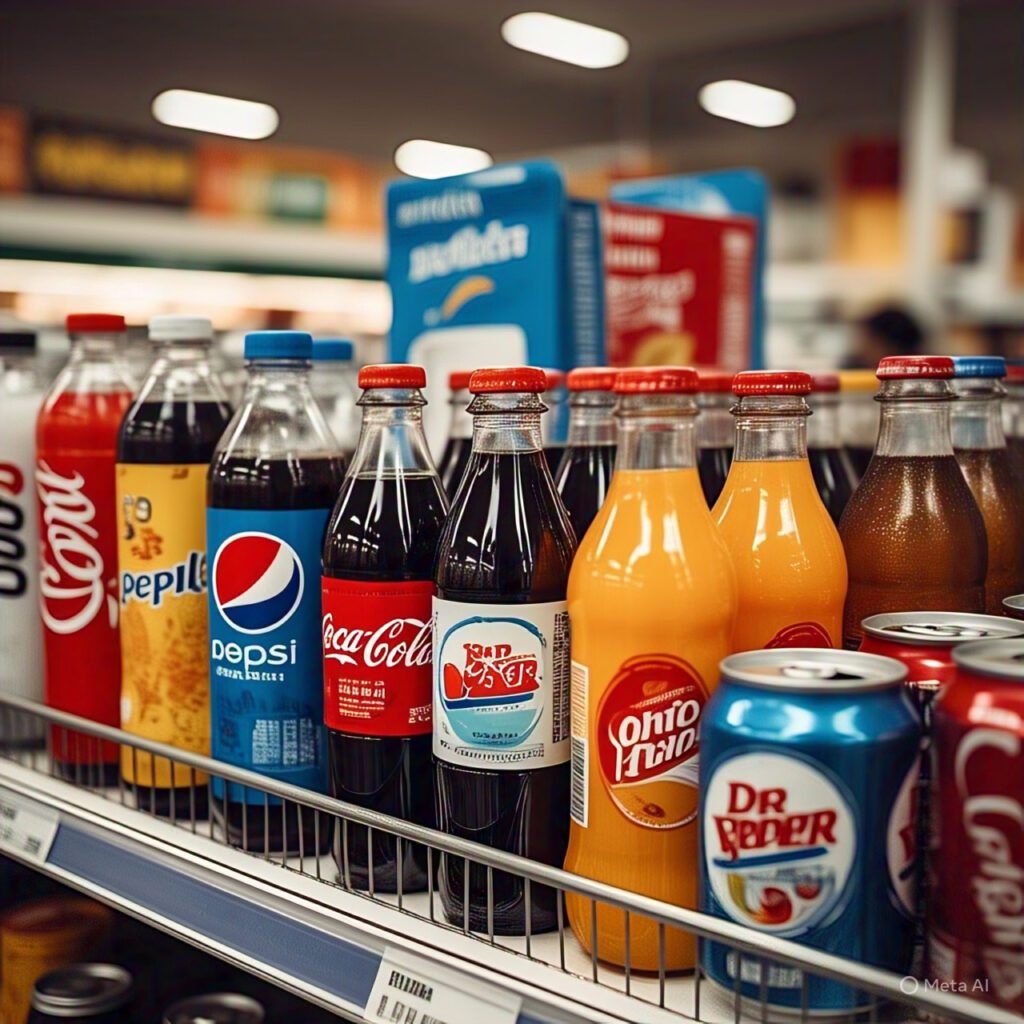
8. Processed meats
Foods like sausages and processed deli meats can be high in FODMAPs and trigger symptoms.
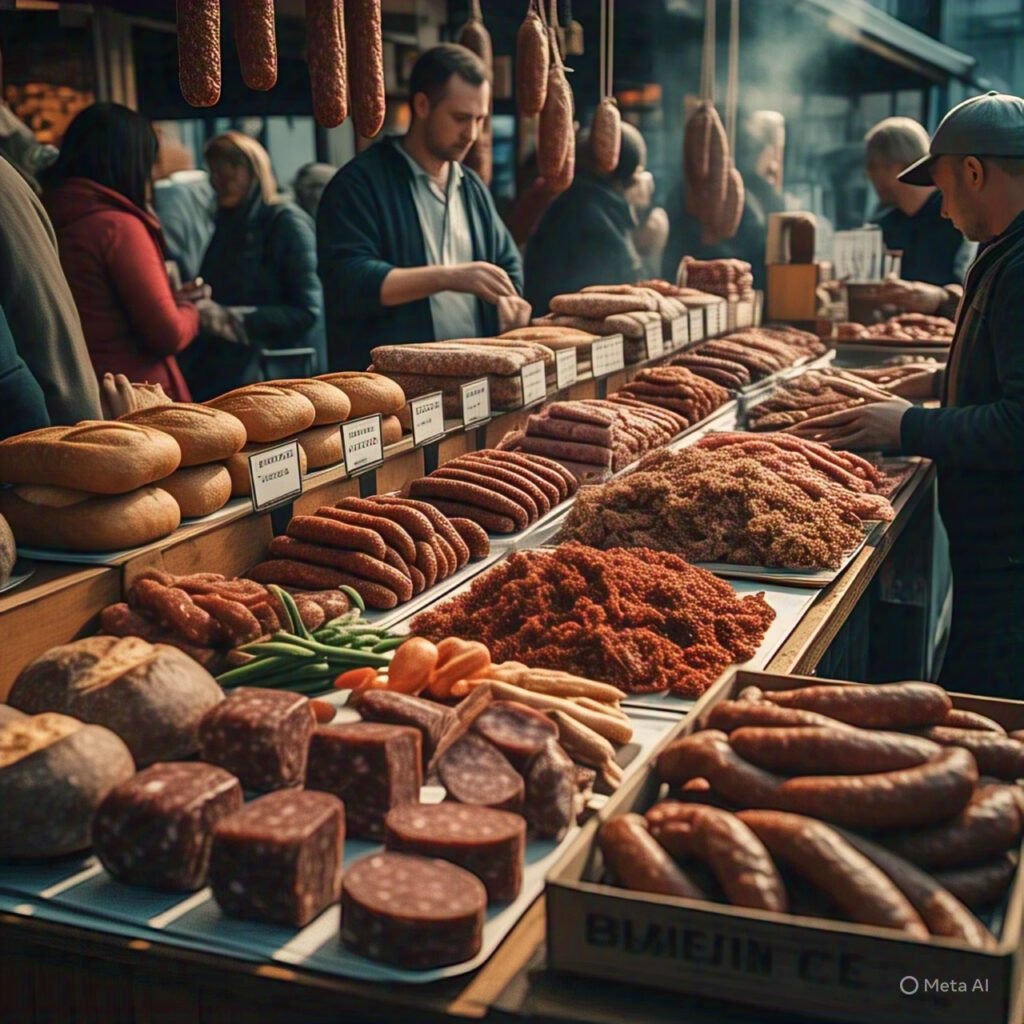
9.Sugar-free gum and candy:
Sugar alcohols like sorbitol, mannitol, and aspartame are common in “diet” products. These sweeteners draw water into the intestines and ferment in the colon, causing diarrhoea and bloating.
A study showed in Canadian Family Physician that even healthy individuals experienced increased flatulence after consuming 10g of sorbitol daily—a quantity found in just two servings of “sugar-free” gum.
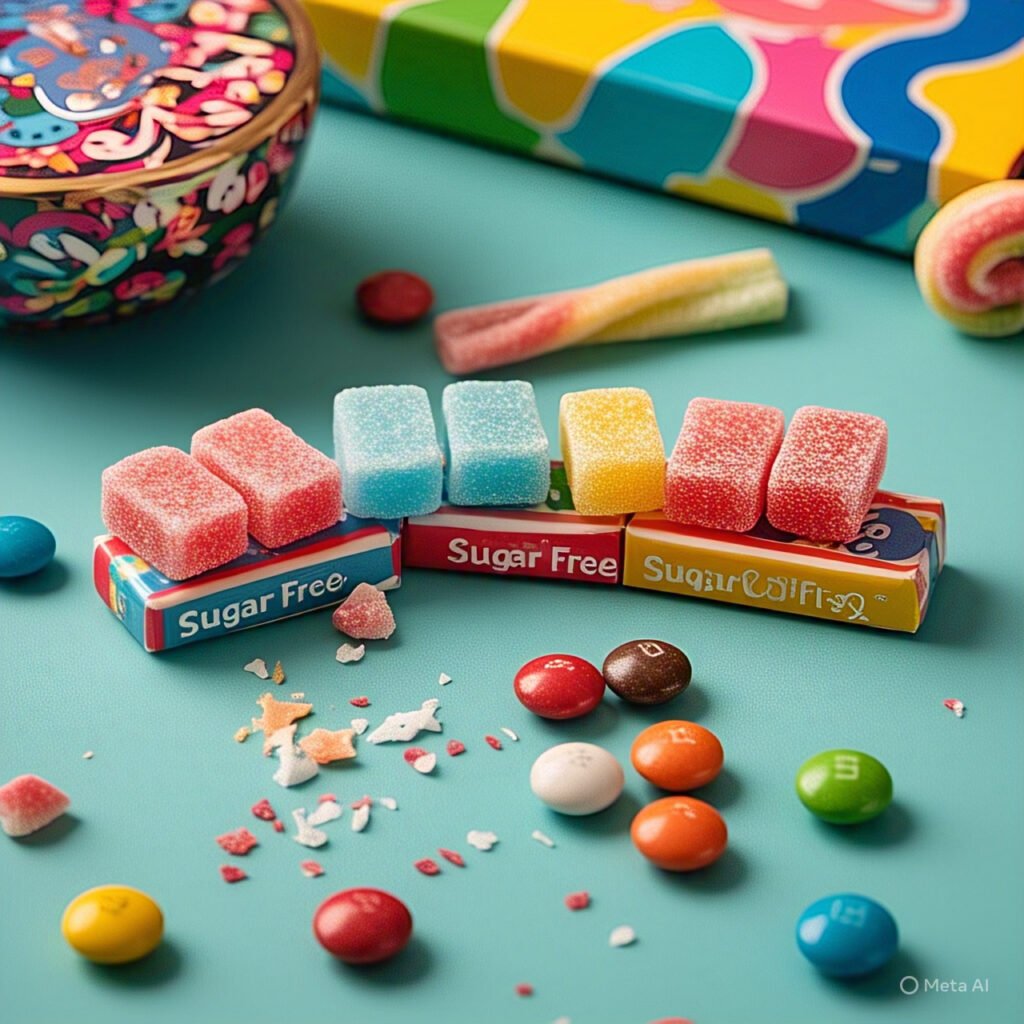
10.Fried foods
Fried foods can be difficult to digest and trigger IBS symptoms.
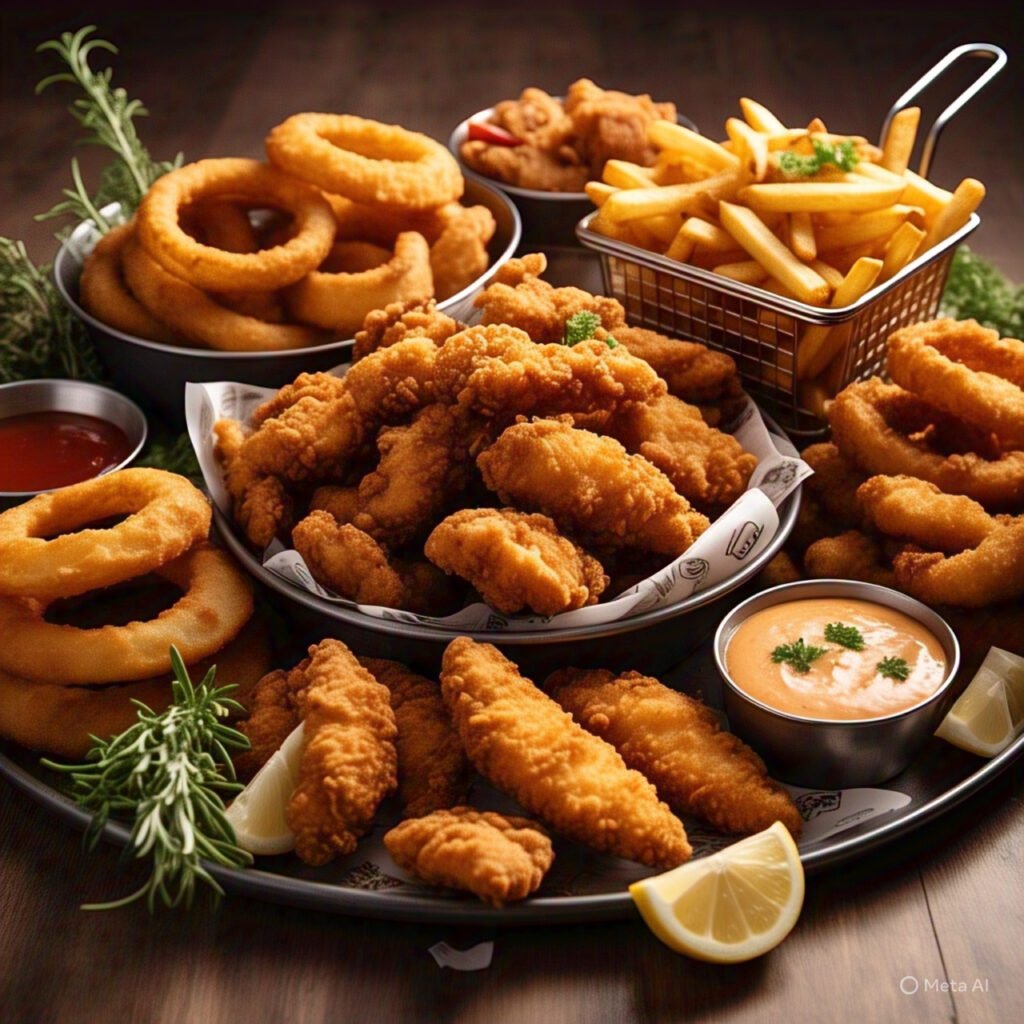
Why These Foods Worsen IBS
The Fermentation Effect
When gut bacteria feast on undigested FODMAPs, they produce:
- Hydrogen gas → bloating
- Short-chain fatty acids → cramping
This process is 3x stronger in IBS patients (Nutrients).
The Osmotic Problem
Sweeteners like sorbitol and mannitol:
- Pull water into intestines
- Cause urgent diarrhea
- Worsen gut sensitivity long-term
What to Eat Instead
Smart swaps table:
| Trigger Food | IBS-Friendly Alternative | Why It Works |
|---|---|---|
| Onions | Garlic-infused oil | No fructans |
| Milk | Lactose-free milk | Pre-digested lactose |
| Wheat bread | Sourdough spelt | Lower fructans |
FAQS: Foods to Avoid with IBS
Does stress affect IBS?
Absolutely. The gut-brain axis means stress can amplify pain signals. Mindfulness and CBT are proven tools for symptom management
How to eat out safely with IBS?
Research menus in advance, request modifications (e.g., no garlic butter), and carry a digestive enzyme supplement.
What are the worst foods for IBS sufferers?
High-FODMAP foods (onions, garlic, legumes), dairy, artificial sweeteners, and carbonated drinks top the list. Individual triggers vary, so keep a food diary.
Are bananas okay for IBS?
Ripe bananas are low-FODMAP and generally well-tolerated. Avoid unripe ones, which contain resistant starch.
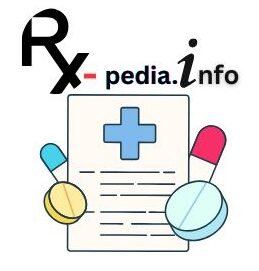
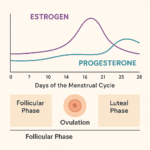

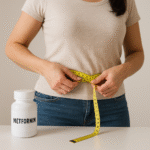


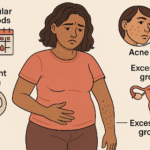



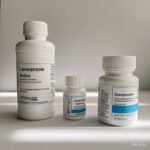
2 thoughts on “10 Foods to Avoid with IBS (Science-Backed List for Less Bloating & Pain)”